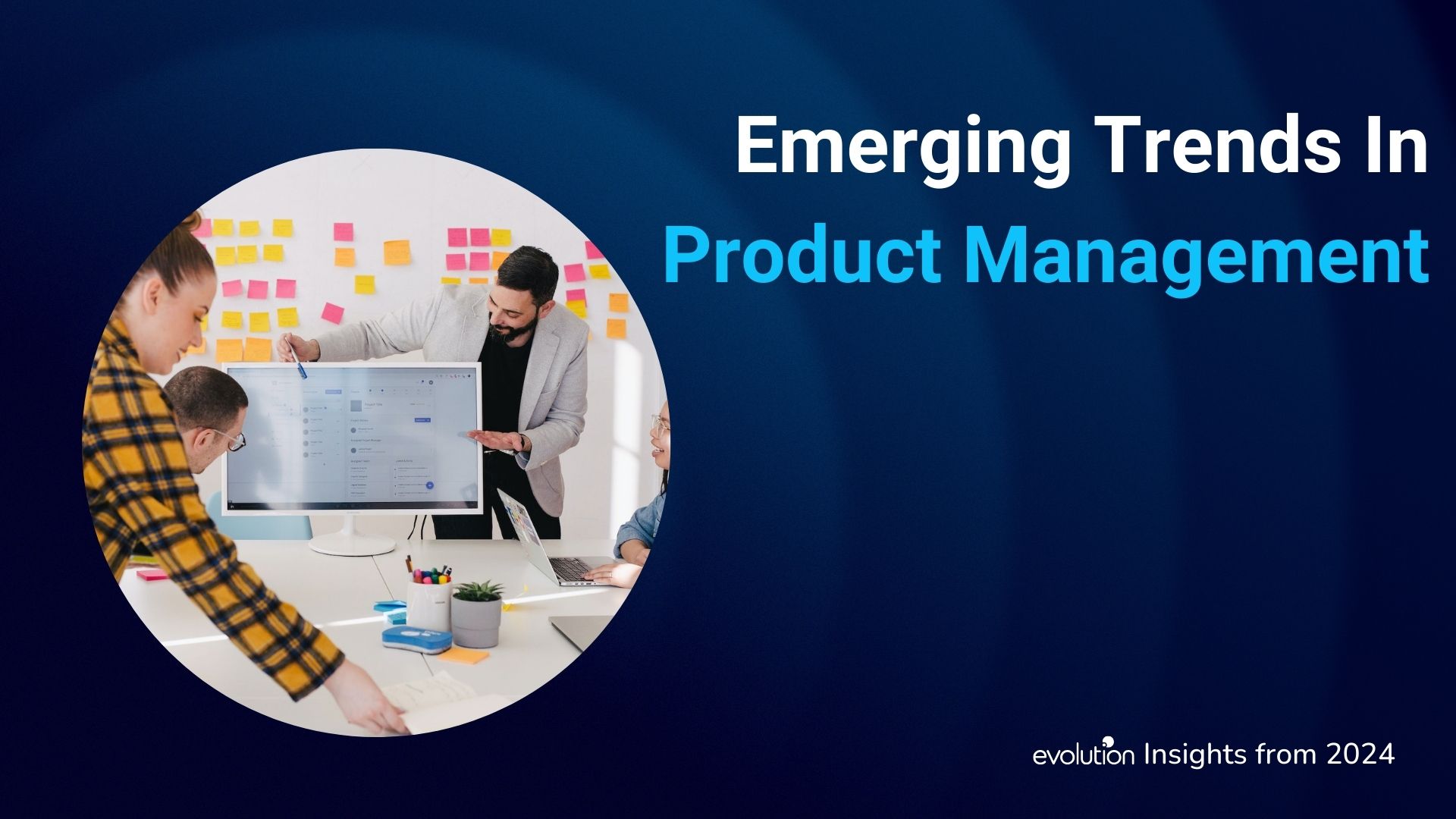Early Career and Primary Care Roots
Andy Williams’ career in the NHS began at just 21 years old when he took on the role of managing a general practice in Leeds. As he recounts, “After doing a business studies degree, I took the leap of faith or baptism of fire into managing a general practice in Leeds and this role, as a young lad, was quite unusual because I had responsibility for working with seven partner general practitioners, a number of practice nurses and a large group of all-female reception and admin staff of all ages.”
This early experience gave Andy a broad understanding of not just the business operations, but the human elements of healthcare. “It really gave me a fantastic breadth of experience of not only the management of the business sides of a health practice, but also dealing with personal staff issues, patient issues. The biggest challenge was earning their respect.”
From there, his career progressed through primary care roles at the local primary care trust, then regional quality improvement initiatives which focused on technology in primary care. This led him to the National Programme for IT, where he headed up the release of the Electronic Prescription Service.
A Winding Career Path
Andy’s path was never limited to any one strict career trajectory. As he says, “I’ve had a background and career in the NHS for 16 years, a few years in private sector and then the last seven years as an independent business owner.” His experiences spanned local primary care, national digital transformation programmes, interim leadership roles, and founding his own consultancy.
No matter the specific role, Andy was driven by a passion for solving problems and improving digital processes. “I love solving problems so starting things up, finishing things off. Getting things working and trying to move a lot of paper based systems onto digital and that’s what I’m very passionate about.”
Lessons in Allyship
With such a varied career journey, Andy was exposed to many different environments, people and situations that shaped his perspective on allyship and supporting others. He recounts times where he felt compelled to “stand up for someone else” despite being “scared” about risking his own career or position.
Reflecting on those moments, he states, “You’ve got to listen to them. It sounds really cheesy, but the burning fire in your heart is to do the right thing. And be prepared to live with the consequences.”
While acknowledging his privilege as a white male, Andy connects his drive to be an ally to personal experiences of not fitting in as a child after moving regions. “I wouldn’t ever say I have been marginalised, but I’ve experienced a little bit of pain and upset from not fitting in and I wouldn’t ever want anyone else to feel like that.”
The Importance of Listening
For Andy, a key tenet of being an effective ally is listening without projecting your own experiences onto others. As he advises:
“I guess the biggest advice I’d give is listen. And try not to, put your own experiences over someone else’s. You can’t put yourself in someone else’s shoes, but you can try and understand where they’re walking.”
He extends this listening approach to recruitment and team building, striving to make candidates comfortable to fully represent themselves. “Trying not to judge the book by the cover, trying to understand how can that person contribute what the skills are, their experience and really just delving a bit deeper into people.”
Embracing Vulnerability as a Leader
Andy is refreshingly open about experiencing imposter syndrome throughout his career, even indicating he feels it “currently now.” However, he views this vulnerability as a strength for empathetic leadership.
“I now owe it to myself and others to understand how I can cope with it and how I could use some strategies for understanding how it occurs, why it occurs, dealing with it and then helping others with that as well. And I just think that openness is about being an empathetic leader as well.”
By naming experiences like imposter syndrome that are widespread but rarely discussed, especially among male leaders, Andy gives permission for others to embrace their own vulnerability and humanity.
Putting Allyship into Action
At its core, Andy sees allyship as about taking action to truly support others, not just expressing intent. “If you’re really serious about it, you’ve got to take some action and you’ve got to walk the talk and put your money where your mouth is and do what you say.”
He cites examples like proactively including and recruiting more representation from Black and ethnic minority communities while in leadership roles. And beyond the professional realm, Andy aims to create inclusive environments in his personal pursuits like music and coaching youth sports.
For Andy, embodying the principles of allyship is an ongoing practice of listening, empathising, taking thoughtful action, and owning up to mistakes along the way. As he says, “You can look back at scenarios and go, ‘I wish I’d handled that better.’ But, you know, at least you learn from it.”
By sharing his perspective and experiences so openly, Andy invites others to adopt a similarly humble yet courageous approach to allyship in their own leadership journeys.




























